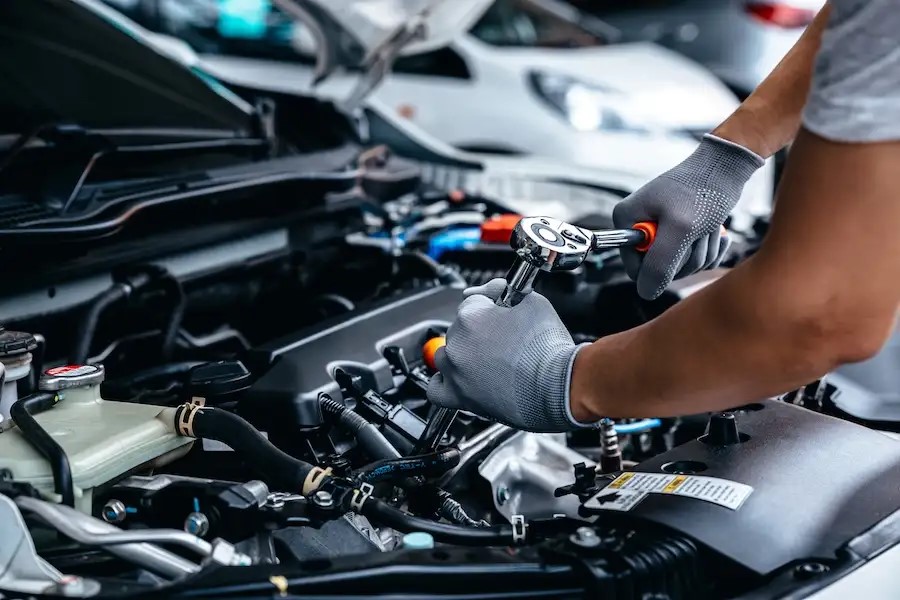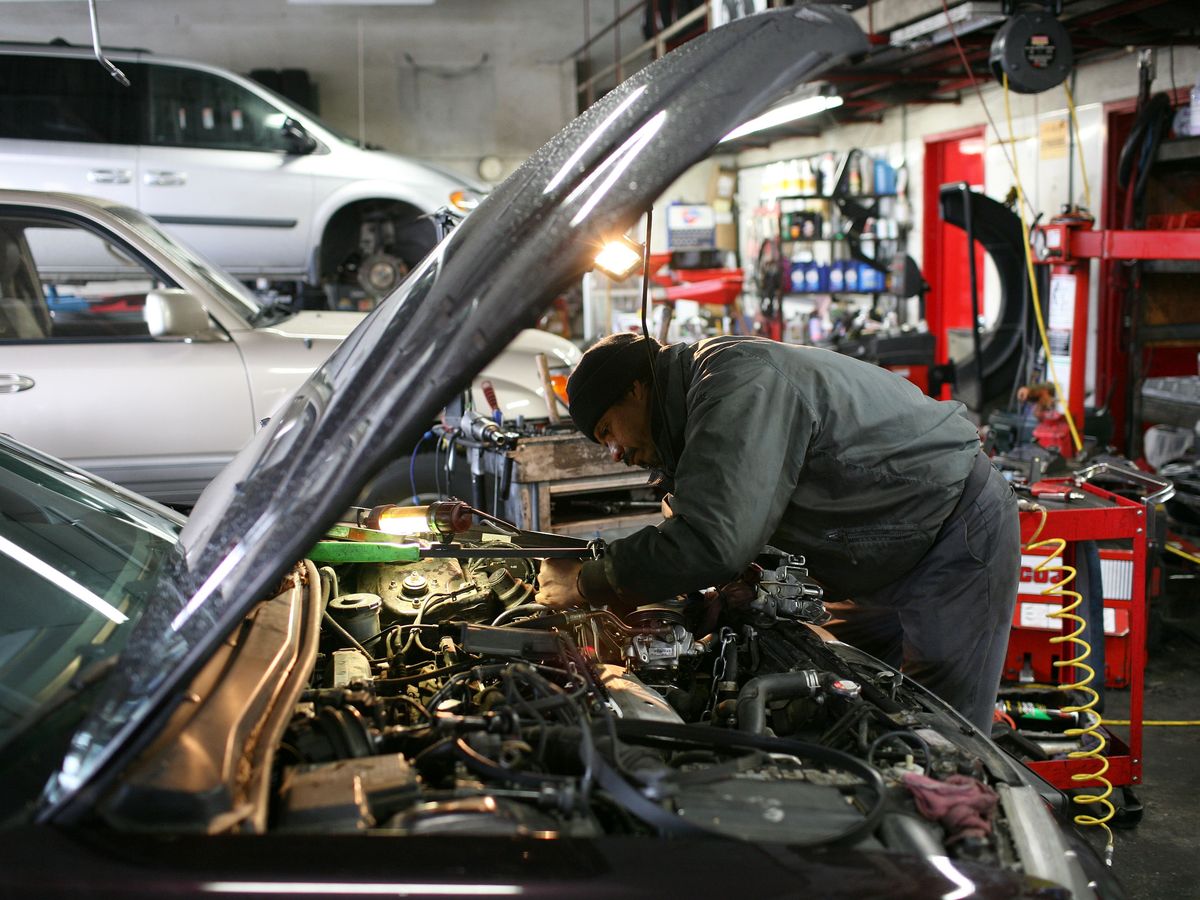- +256783144236 +256704008875 +256783785265
- info@autosolutions.osby.ug

Full Service
Oil changes, Filter replacements, Fluid top-ups. Tire checks, rotation, and balancing etc..
Book an Appointment
Book an Appointment

Unlock the power of precision with a car diagnostic machine!
If it Runs on diesel…we'll still fix It!
Every vehicle has a story to tell, and with the right diagnostic machine, you can hear it loud and clear! Whether you're a seasoned service or just starting out, a diagnostic service is your trusted
read more
Book an Appointment
Our Services
Engine Service
Regular engine service not only enhances performance but also extends the lifespan of your vehicle a...
Wheel Aligment
We do wheel alignment not only to improve your driving comfort but also safeguards your vehicle'...
Oil Change
Oil Change is a fundamental part of vehicle maintenance that ensures your engine runs smoothly and e...
Car Diagnostics
Car Diagnostics is the process of identifying and troubleshooting issues within a vehicle’s system...
Mechanical Repairs
Mechanical Repairs is the process of diagnosing, maintaining, and fixing issues with the mechanical ...
AC Service
Stay cool and comfortable on the road schedule your AC service today!
Regular servicing not o...
Battery Service
We do battery Service because it's essential for maintaining your vehicle’s electrical syste...
Electrical wiring
Car electrical wiring is a critical component of a vehicle's electrical system, responsible for...
-
Benefits of regular mechanical repairs
1. Improves safety and reduces the risk of breakdowns. 2. Maintains vehicle efficiency and comfort. 3. Prevents minor issues from becoming costly problems.
-
Why is an Oil change important?
Prevents Engine Wear: Fresh oil lubricates engine components, reducing friction and wear. Cleans the Engine: Oil removes dirt, debris, and sludge that can build up in the engine. Improves Performance: Clean oil helps the engine run efficiently, improving fuel economy and overall performance. Prevents Overheating: Oil helps dissipate heat, reducing the risk of the engine overheating. Extends Engine Life: Regular oil changes reduce the chances of major engine problems down the line.
-
What does battery service include?
1. Battery Inspection: Checking for signs of corrosion or leakage around the terminals. 2. Cleaning and Maintenance: Cleaning the battery terminals and cables to remove corrosion, which can impede electrical flow. 3. Battery Testing: Using a multimeter or specialized tester to assess the battery’s overall health and charging capability. Verifying that the alternator is properly charging the battery. 4. Battery Replacement: If the battery shows signs of wear or failure, a replacement may be recommended to avoid being stranded with a dead battery.
Don’t miss out!, Get regular tips on how to maintain your car
Signs You Need an AC Service
1. Weak or warm airflow from vents.
2. Strange odors when the AC is turned on.
3. Unusual noises from the AC system.
4. Visible refrigerant leaks or moisture around the system.
Read more Tips
Book an Appoinment




